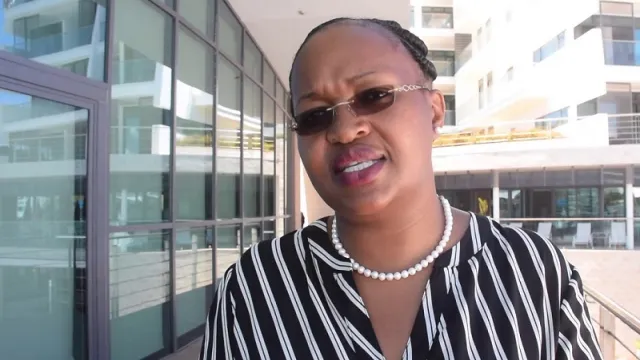Tax law sees banks shoulder heavy cost of loan defaults

Tax law sees banks shoulder heavy cost of loan defaults
A study of the total tax paid by banks in Kenya is raising questions about the treatment of particular payments to the taxman, especially how to treat loans that fall in default.
For every Sh100 profit made by banks, the taxman collected Sh49.4 last year which was an increase from the Sh48.9 paid to the Kenya Revenue Authority (KRA) in 2019 according to PricewaterhouseCoopers (PWC) report on total tax contribution by the banking sector.
The audit shows that banks were slapped with a higher tax bill yet their net profit decreased by 32 per cent to Sh103.9 billion from Sh153 billion realized in 2019.
Read also:
PWC: This is how businesses can plan for recovery after the pandemic
While the PwC total tax calculator included corporation tax, irrecoverable Value Added Tax (VAT), VAT on imported services, withholding taxes borne as well as income tax deducted under PAYE(Pay-As-You-Earn), withholding VAT, excise duty collected, and other taxes, the biggest chunk came from profits.
In 2019, banks paid Sh52.3 billion in corporate taxes against a total of Kes152.4 billion collected in that segment. Last year, the taxman collected Sh41.2 billion in corporate taxes also an amount estimated to be more than a quarter of all corporate taxes recorded in Kenya.
One of the reasons advanced as to why banks paid more taxes relative to the profit made is because Kenya Revenue Authority (KRA) rules do not recognize bad debts when charging tax due.
KRA regulations do not recognize the accounting treatment of bad loans under the International Financial Reporting Standard-IFRS9 which forces banks to set aside part of their profits as insurance for loan defaults.
This implies that when Covid-19 struck last year and banks were called upon to save the economy and borrowers by restructuring roughly Sh1.7 trillion or half of all their entire loan book, the taxman would hear none of their excuses when seeking favourable treatment.
According to the taxman, the banking sector total income in 2020 rose by 6.9 percent, being an improvement from the 5.4 percent growth recorded in 2019 and therefore the lenders had no choice but to pay due taxes.
This was notwithstanding the fact that the sector’s growth was realized amid higher costs especially loan loss provisions for debt defaults that surged by 45.8 per cent.
KRA Commissioner for Domestic Taxes Rispah Simiyu noted that the taxman did not allow for this particular cost, one because it is an accounting provision that can see the provision ploughed back if the doubtful loan is paid.
Ms Simiyu added that KRA also needed to be fair to all taxpayers and giving banks special treatment would not augur well under the law.
However, she admitted that there might be a way to cost loan loss provisioning if the loss actually occurs, net of securities held to secure the loans which can be auctioned in favor of the bank.
While the matter has all but rested, and banks are paying the taxes, it goes to show that it might be disincentivizing lenders’ ability to take risks.
A Central Bank of Kenya study showed that banks turned away 28 per cent of small businesses while microfinance firms turned down 96 per cent of loan applications made to them after a quarter of small businesses defaulted on loans worth Sh98 billion last year owing to economic fallout of the pandemic.
KRA needs to strike a balance while engaging banks who remain a major contributor of KRA tax both directly through corporate, P.A.Y.E, excise duty as well as a withholding agent for the taxman.



